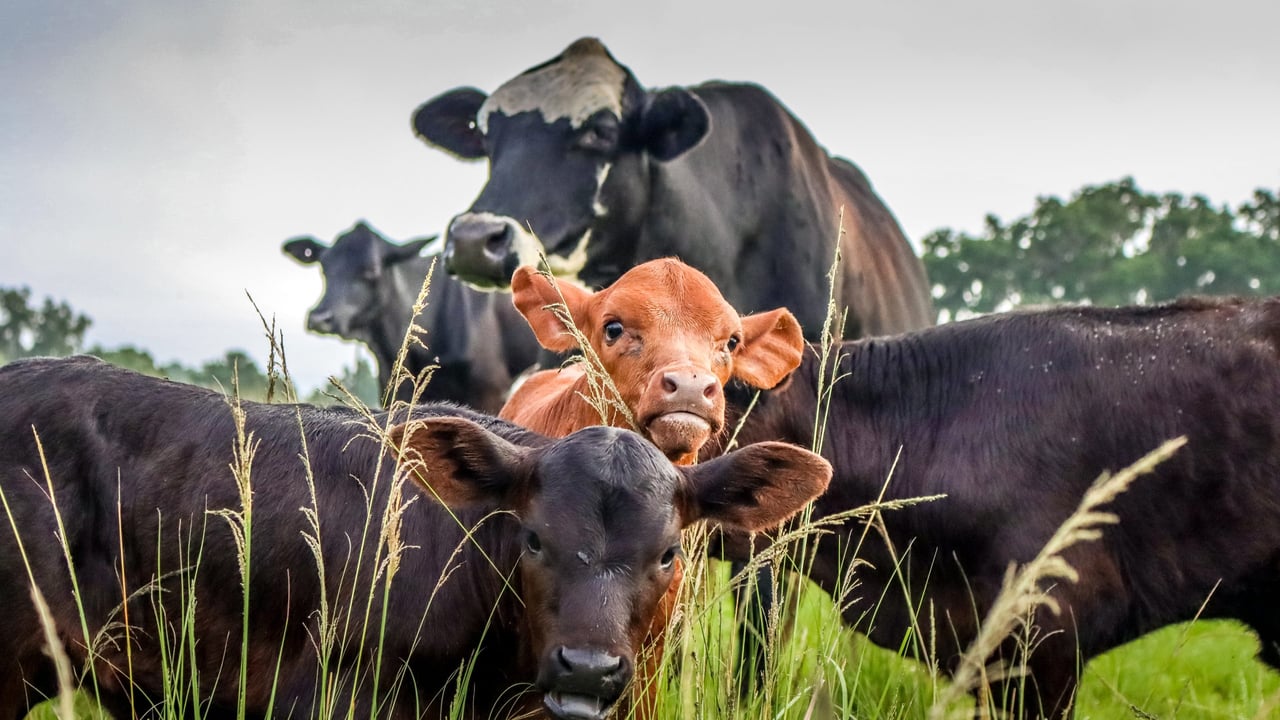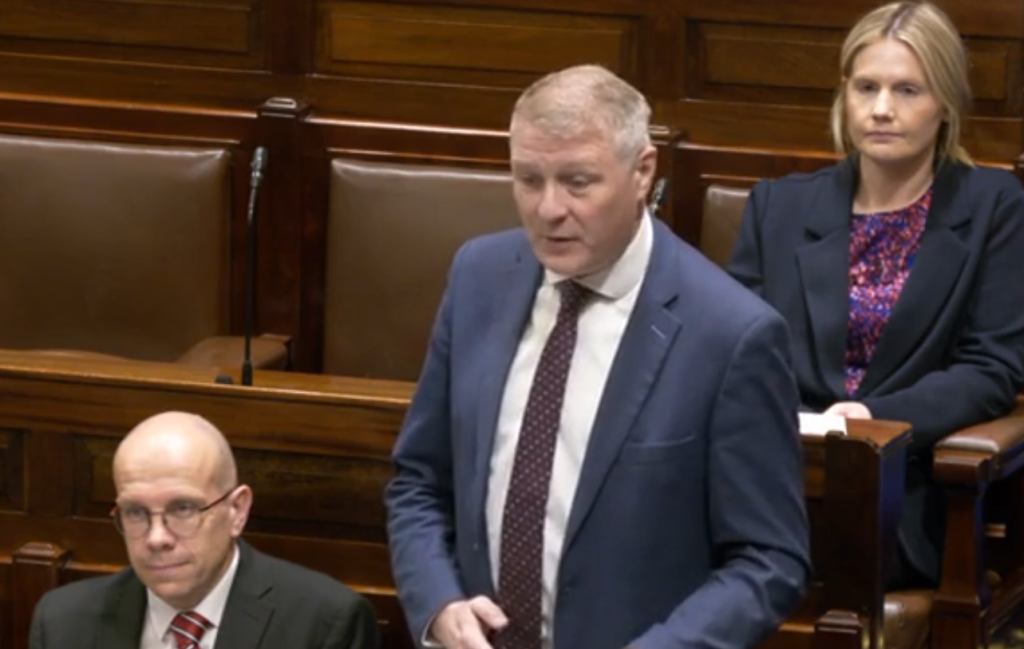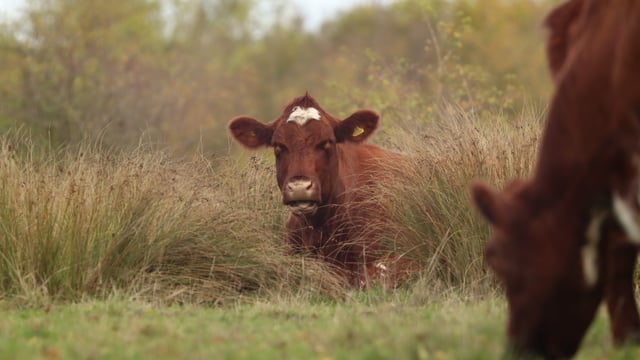Sinn Féin describes Mercosur deal 'safeguards' as 'insufficient'
Sinn Féin spokesperson on agriculture, Deputy Martin Kenny, has called on the government to do more to oppose the Mercosur trade deal.
The deal will allow 99,000t carcass weight of Mercosur beef - mainly from Brazil - to enter the EU at a much reduced tariff rate of 7.5%.
The quantity of beef under this quota will be phased in over a five-year period and the European Commission has stressed that stringent safeguards will be in place to protect the EU market.
However, Deputy Kenny said: “We understand that officials representing the European Union’s 27 national parliaments are scheduled to vote on the Mercosur trade deal in December. Yet, we don’t know how the Irish Government will vote on the deal.
“We in Sinn Féin have been consistent in our opposition to the deal as it threatens the future of Irish family farms, particularly in the beef sector.
“There was a revised deal with a so-called emergency brake that could be triggered if the flood of South American beef were to distort the EU market.
“This, I believe, does not go far enough to protect Irish farmers from being undercut with the importation of cheap South American beef," Kenny added.
The Sinn Féin TD has called on the Irish Government to stand up for Irish family farms urging it to contact other member states and form an alliance to oppose the deal in an effort to prevent the loss of jobs in the Irish agriculture sector.
“This vote is only weeks away and now is the time for the government to decide whether they [are] going to stand with Irish farmers or will they turn their backs on them," Kenny added.
“Sinn Féin will continue to defend Irish farmers and oppose the Mercosur trade deal.”
Letter on Mercosur
Meanwhile, party colleague, Deputy Natasha Newsome Drennan has written to the Oireachtas Joint Committee on Agricultural and Food outlining what she describes as "fundamental flaws" with the trade deal.
She claimed that safeguards emphasised by EU negotiators are "critically insufficient".
"The proposed mechanisms to protect our beef farmers are not fit for purpose. What is being presented as a safeguard is, in reality, a blueprint for the decline of Irish farming," Newsome Drennan stated in the letter.
"By the time its reactive triggers are activated, the damage to our farmers livelihoods will already be done. The proposed trigger mechanism only activates after the market has already absorbed a 10% price hit.
"Our beef farmers are already operating on thin margins, a single year of such a price drop is severe, and allowing it to happen before any action is taken could lead to scores of farm closures within just a few years.
"The agreement focuses solely on managing market share, offering no concrete safety net or detailed plan to support the farmers who will be directly harmed," she added.







